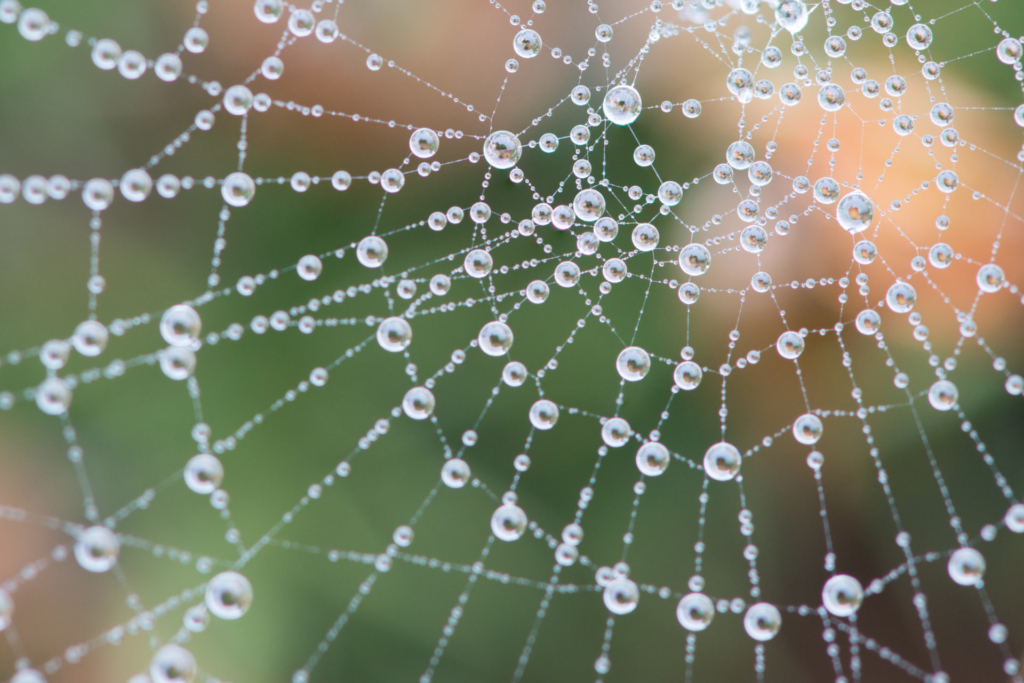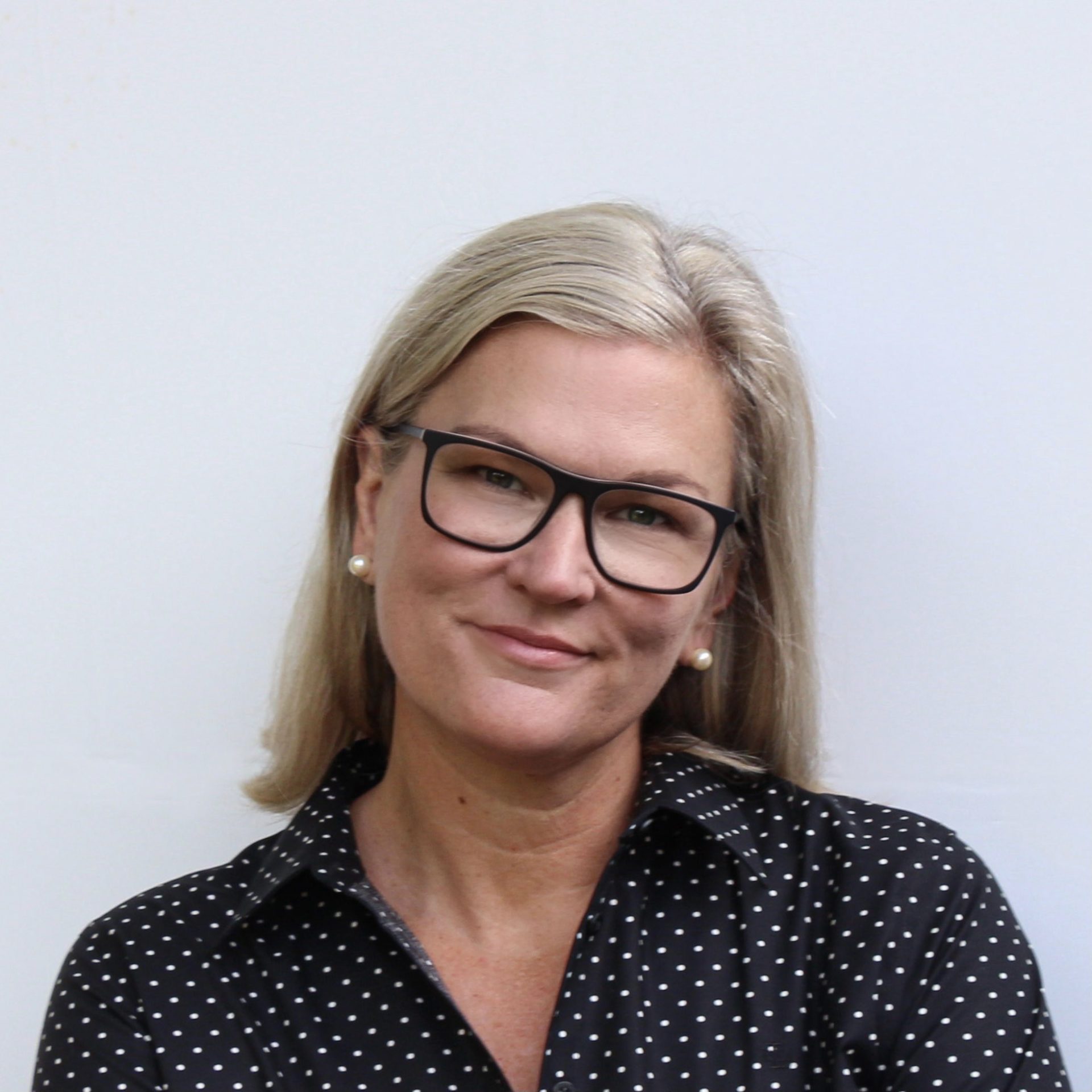I learned everything through something I was passionate about. You just can’t create that in a one-size-fits-all model.
Noah Plewa, CEO & Co-founder, VILLAGE
We recently spoke with Noah Plewa, CEO and co-founder, and Trish Cummings, Director of Partnerships, about VILLAGE, a social venture dedicated to making the personalized-learning experiences Noah had as a young learner accessible to every child in the United States.
Q: Noah, why was it important to you that we include Trish in this conversation?
Noah: First, we want to say that everything in Education Reimagined’s mission and messaging about transformation is something we really identified with at VILLAGE. It captures what we are trying to do. And, you’ll see as we tell our story, everything about it comes back to Trish and her ideas about transforming education experiences for her own children, including me. So that’s why it was important for her to be here. I really can’t tell the story without her.
Q: Trish, what made you so focused and committed to seeing education done differently?
Trish: I think we always have to go back to what was going on in our own upbringings. School wasn’t the easiest for me. I grew up moving. I went to seven schools, in five states, between kindergarten and 12th grade—and was a neurodiverse kid before they knew what that meant. I think we were just probably called lazy or naughty or disruptive or too social.
When we started our family, I think I obviously already had a bent towards how kids develop. Noah’s dad is a pediatrician and is interested in healthy child development. It’s safe to say that we’re pretty child-focused.
When Noah was born, we were living in St. Louis and a friend had a beautiful little Montessori school that was truly doing what I think is pure Montessori work and doing it in an underserved, under-resourced neighborhood. I was blown away watching these little two-year-olds make their own lunches and put things away.
I would always say that you could track our kids’ development through what was on our bookshelf. Beginning with Maria Montessori, and John Holt, and then discovering David Elkind’s Hurried Child.
All of this fed my own natural curiosity about education. When we moved to Eau Claire, Wisconsin, we tried at first to stay within the public education system. But, early on, when the kids were in early elementary, we discovered that Noah’s sister is dyslexic. I really had this moment of, “Okay, wait a second, how is the system going to support her?” That was even before I knew that Noah and his brother were also neurodiverse.
The community became our classroom. We have a wonderful library here and a great university. We also had the privilege of traveling and having access to local resources, like finding the artist up the hill who was teaching classes in her basement or accessing the community theater. We really used whatever was around us.
We would say we were homeschooling, but really what we were up to fits more on the unschooling model, where you’re just learning all the time. We were lucky because we had three kids really close in age, so they were their own little learning pod before learning pods were a thing.
When Noah was in seventh grade, I was committed to doing whatever we needed to do for the kids to have great learning experiences. But, I had three very social kids, and they wanted to have even more experiences with peers.
We are very fortunate that a project-based learning school, a couple of towns over, was started by some phenomenal educators. The whole idea was that they were not the sages on the stage, but they were the guides on the side. We had the amazing experience of having that environment for middle and high school, which complemented what we were already doing at home. Basically, once I got started I never looked back.
“It’s not that I feel that school is a good idea gone wrong, but a wrong idea from the word go. It’s a nutty notion that we can have a place where nothing but learning happens, cut off from the rest of life.”
John Holt
Q: Noah, as a learner growing up in this environment that your mom helped create, what was it like?
Noah: It was different. I always had an awareness that I was different from my peers. Probably other children who grew up in similar settings have felt that way too.
We always knew we were growing up having different educational experiences, I just don’t think we knew how different they were.
Looking back, it was just an incredible way to grow up. I think to this day, it has really helped me to preserve that total passion for learning all the time. Pretty much all of it, I can trace back to that story that Trish just told.
Q: What would you say you gained from the kind of learning experiences you had?
Noah: A lot of things, to be honest, but I think the biggest one was creativity. I learned everything through something I was passionate about. For example, I was learning English through a project doing ArcGIS mapping at the local nature reserve. You just can’t create that in a one-size-fits-all model. I think that this sort of creativity and passion is something that a conventional approach to education doesn’t, for many reasons, allow kids to have, and I realize that I was very fortunate to have that experience, which led me in many ways to what we want to create with VILLAGE.
Trish: I’d add that for my three kids, it was really important to me that they didn’t grow up with labels. Especially with my daughter being dyslexic, we actually didn’t even use the term dyslexia with her until eighth grade.
The same thing is true for Noah’s younger brother. Right now, he is canoeing down a river in the Ozarks as part of his outdoor education immersion semester. He is a kid that if he had been stuck inside four walls, it just wasn’t going to be a good fit.
I guess I’d use the word “preserve.” I was preserving them from being told that the only way to learn history was in history class, or that the only time to write is in English class, or that experiments are reserved for Science labs.
I wanted to preserve for them that the world is a very complex, interdisciplinary, and magical place to explore. I didn’t want them to be told what they were supposed to learn and when. Unless they get shut down, children all come out as little artists, scientists, and explorers. I feel like conventional K-12 approaches can do a really good job of shutting that down pretty early.
Noah: My own testament to that is that I found out I had ADHD heading into my freshman year in college. It was only at that point that it became a relevant fact about how I learned, and that’s the complete opposite of the experience of all of my friends with ADHD. It was one of the first labels attached to them. And, because of my learning environment growing up, it was never an issue. I think that is pretty powerful.
I wanted to preserve for them that the world is a very complex, interdisciplinary, and magical place to explore. I didn’t want them to be told what they were supposed to learn and when.
Trish Cummings
Q: How did your learning experience fuel your desire to work in education and to do so outside of the conventional K-12 system of learning?
Noah: I had incredible experiences growing up, as you just heard about, and got to explore those ideas and philosophical components of education in college. Then, I started to become aware of how many of the things Trish listed in her story came down to our privilege.
I realized that had our circumstances been different as a family, in all likelihood, it would have been impossible to cultivate the “community as classroom” experience that my siblings and I had. And, that’s when it really clicked for me. How do I set out to scale that kind of learning for everyone? How do I scale Trish?
I dove in and learned the litany of reasons why the education I had isn’t scalable. Ultimately, I came to the idea of VILLAGE, which is a solution to actually scale those connections to educational opportunities in the community that allow for personalized learning. I want to make this kind of transformative educational journey something that every kid could have.
Q: How does VILLAGE help transform education or make possible the types of experiences you had?
Noah: VILLAGE is on a mission to restore the community as the classroom. VILLAGE helps communities build hyper-local frameworks for educating kids 0-18 outside of the school day. Specifically, we connect 3 groups of people that exist in every community: 1) Families; 2) program Providers, such as art instructors, music teachers, sports coaches, and STEM camps; and 3) Donors.
I think of VILLAGE as a translator: our job is not to inspire these 3 groups to care about the education of their community’s children—they have that innately. Where they need help is finding a common language. We foster alignment between a community’s Families, Providers, and Donors so that their shared passion can lead to connections. These connections, in turn, can give every child access to an education that is personalized to who they are and helps unleash their talents and passions.
VILLAGE is on a mission to restore the community as the classroom. VILLAGE helps communities build hyper-local frameworks for educating kids 0-18 outside of the school day.
Noah Plewa
Q: What has been or do you hope will be the impact of VILLAGE?
Noah: We’re still getting started, but I can tell you that to get to this point, I had to get people to see themselves in VILLAGE and help people imagine themselves in this new system of learning.
One of the earliest stories was when I was getting a haircut from a guy about my age. He and I started talking, and I shared the idea for VILLAGE. This led him to share this incredible story. He was my same age and grew up in the same town as me, but because his family only spoke Spanish, he didn’t get to attend a single out-of-school opportunity just because of the registration process.
And, bear with me, this kind of gets into the weeds now of what Village does, but you can see how the fragmentation of Providers made it impossible for his parents to figure out how to register for programs. So right there, that one divide foreclosed the possibilities another child might’ve had. But, with our translation features at VILLAGE, he could’ve had not just one, but hundreds of these opportunities.
You can also visualize the impact on the Provider side. A friend of mine, Dennis Beale runs an incredible Provider business called Power of Perception that specifically helps young Black and bi-racial kids see what they can be in the world. He connects them with incredible speakers and mentors doing amazing things, following the “if you can see it, you can be it” philosophy.
I shadowed Dennis as he was putting on one of these incredible programs to learn how he spent his time. About 70% of his time was just him trying to get the word out about his program, trying to accept registrations via email, and then trying to get in contact with the families. Only 30% of his time was spent on what he would call the “programming.”
VILLAGE totally flips that time allocation for a Provider like Dennis. He gets to focus on educating, and we take care of the logistics, such as marketing, registrations, and payments. I can’t wait to see what he does with all that freed up time!
Q: What is on the horizon and what else should we know about your work?
Noah: We’d love for people to simply follow what we’re doing in our Eau Claire, WI pilot. Our unit of impact is a registration, and that’s going to be so cool to watch.
For most of this conversation we’ve been talking about the higher-level philosophy behind VILLAGE, but really at the end of the day, our impact is connecting a kid to a new opportunity and seeing them flourish.
You hear all the time in interviews that just that one opportunity outside of school to engage with learning on someone’s own terms dramatically alters their trajectory in life. This pilot is the start of VILLAGE establishing pipelines for bringing not just one, but hundreds of these educational opportunities to every child, in every city.


